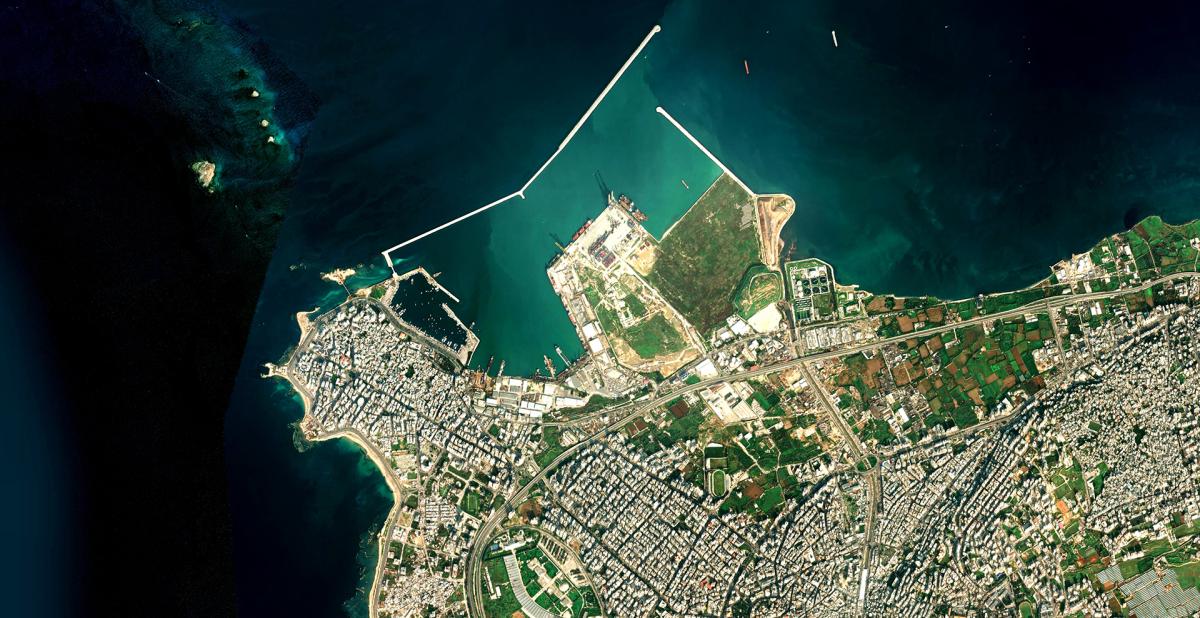Around 80 percent of Libya’s oil resources are in the Sirte Basin, which sits at the limit between western and eastern governments. While most of the oil fields fall under the control of Haftar, this geographic situation has resulted in competition between the GNU, the GNS, and Haftar to seek control of the oil production. Through this control, the rival governments are seeking international credibility, as oil revenues are the only legitimate source of revenue for governments.
However, such revenues have historically been used to funnel money and fuel corruption. Recent revelations regarding the privately owned Arkenu Oil Company illustrate the elaborate schemes used by Libyan authorities to circumvent the NOC’s historic monopoly on oil exports. Under Libyan law, “all the petroleum that exists in Libya in its natural state … shall be the property of the Libyan State.” The NOC is therefore the only entity allowed to export oil and issue concessions or permits to private companies. However, a UN investigation reports that between May and September 2024, Arkenu exported six million barrels of crude worth USD 460 million. According to the same UN report, Arkenu is under the “direct control” of Saddam Haftar, son of the LNA commander, but its leadership also maintains close ties to Dbeibah and Emirati investors. Arkenu likely serves as a channel for disbursing profits from exported Libyan oil between the two rival governments.
Finally, armed groups also exercise substantial influence over the Libyan oil sector. Militias sometimes blockade oil facilities to extract concessions from authorities. Additionally, the lack of transparency and accountability in the management of oil revenues has allowed armed groups to amass unprecedented amounts of revenue from fuel-smuggling businesses. Libya’s generous fuel subsidies incentivize smuggling by creating arbitrage opportunities for black-market actors to traffic fuel to foreign markets or domestic markets.
